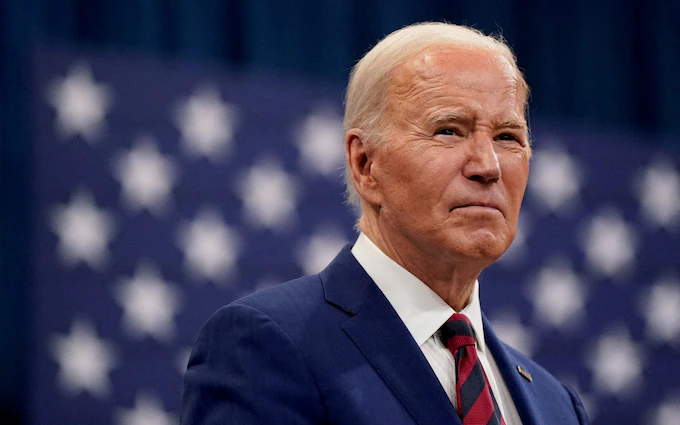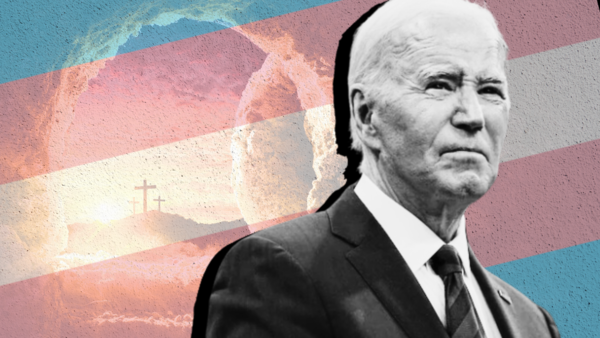This Easter, the President of the United States and his administration drew attention to Transgender Day of Visibility on the Christian holiday, sparking controversy. Despite initial denial, President Biden, Vice President Harris, and other officials publicly acknowledged and praised the day.
Many viewed this as a disrespectful move, akin to the climate protesters who disrupted Easter services in New York City. Critics argue that such actions prioritize certain issues over Christians’ ability to celebrate their faith peacefully, a pattern they see recurring against Christians specifically.
This approach involves making individuals uncomfortable to promote social change, a tactic often associated with the political Left. By challenging traditional beliefs and values, proponents seek to provoke reflection and ultimately shift societal norms. However, the second part of this strategy is more concerning.
Critics argue that once individuals are made uncomfortable, their Christian faith is exploited by those with limited understanding of its tenets. They claim that some individuals misinterpret Jesus’ teachings to support their own agendas, divorcing them from their theological context.

Biden (Credits: The Telegraph)
This interpretation presents Jesus as a moral philosopher rather than the divine figure central to Christian belief. It reduces Christianity to a set of Western moral principles, detached from its spiritual foundation.
Critics highlight President Biden’s stance on issues such as abortion, suggesting it aligns more closely with a secular interpretation of Jesus’ teachings than with traditional Christian doctrine. This perceived betrayal of faith has elicited strong reactions from some Christians, who refuse to be dictated to by what they see as the ‘woke’ left.
Despite the controversy, Easter Sunday also witnessed displays of faith and resilience among Christians. Messages of “He is Risen” and images of joyful gatherings symbolized the triumph of life over death.
While Christians are called to love all individuals, regardless of their identity or actions, they maintain a distinction between love for the individual and approval of their behavior. This understanding, rooted in theological doctrine, underpins their response to contentious issues such as transgender rights and abortion.
In the midst of political and social tensions, Easter serves as a reminder of core Christian beliefs and values. It prompts reflection on the teachings of Jesus and their relevance to contemporary issues.
While disagreements persist, the celebration of Easter reaffirms the hope and promise of eternal life for believers. Ultimately, the clash between political agendas and religious convictions underscores the complexity of navigating faith in a diverse and rapidly changing world.























